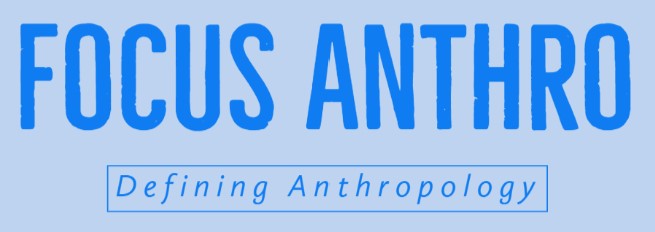A Bail Bond is a form of security that a bail agent can offer to a defendant who is being held in jail. It guarantees the person will show up at their court date to face their charges. Although it has many benefits, it has also been accused of violating individual rights.
Bail Bonds are a way for an accused to get out of jail
Bail bonds can be a great way for an accused to avoid jail time. A bail bond can be as small as $100, or it can be as large as tens of thousands of dollars. Bail bonds are a way for an accused person to get out of jail while they await trial. If an accused person does not have the means to post a bond, they can use collateral to secure the bond.
The amount of bail varies from state to state, and is usually determined by the charges and other factors that were involved in the arrest, according to Golden Boy Bail Bonds in Chula Vista. Although bonding out of jail is a legal right, the judge may deny bail and the accused may still be sent to jail. Bail bonds are a formal promise to appear in court on a certain date. The accused pays a certain amount of money as bail and then the court pays this amount in case he or she fails to show up for their court appearance.
They guarantee that the accused will show up for trial
Bail Bonds are a way to guarantee that an accused will show up for trial. They are an agreement between the court and the defendant. The defendant agrees to pay the money to a bail bond company in exchange for the assurance that they will show up for trial. When the defendant fails to show up for trial, the bail bond company returns the money to the defendant.
The accused pays for the bond by either paying the entire amount up front or making monthly payments. It is also possible to pledge to pay a percentage of the bond amount without making upfront payments. In some states, cash and property can be used as collateral to secure bail. Alternatively, an agent can assume responsibility for the bond and may ask the accused to pay 10% of the bond amount or provide collateral as a guarantee.
They reduce costs on the criminal justice system
In the past, states and local governments have used fees and fines as a way to pad their budgets. Unfortunately, this approach often results in poor people being jailed for inability to pay. Using Bail Bonds reduces costs to both the criminal justice system and the taxpayers.
Using Bail Bonds can reduce the amount of time spent by detained people in jail. When people have to spend time in jail, they have to endure a lengthy process of medical screenings, which can take up to 16 hours. It costs the taxpayers money to hold people in jail when they are not guilty of any crime.
They violate individuals’ rights
In violation of the due process clause, Bail Bonds violate individuals’ rights. They set bails that are too high and thereby force people to plead guilty. According to international human rights law, this practice violates the rights to liberty, presumption of innocence, and equality under the law. In the United States, bails are purposely set at prohibitively high amounts in an effort to coerce people into guilty pleas and arbitrary detention.
While this might seem like a small issue, it affects millions of people every year. The commercial bail industry is responsible for incarcerating millions of people who would otherwise not have to spend a night in jail. This industry makes millions of dollars and exploits people of color. Eliminating the practice of money bail would improve the lives of millions of Americans.
They infringe on their rights
Some bail bond companies violate a person’s rights without their consent. Some of these companies even employ armed bounty hunters and review personal information such as phone records, bank records, and medical records. These activities may violate the person’s right to privacy and do not require a warrant. Despite these violations, bail bond companies are often unregulated and face little oversight.
